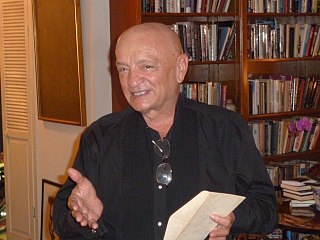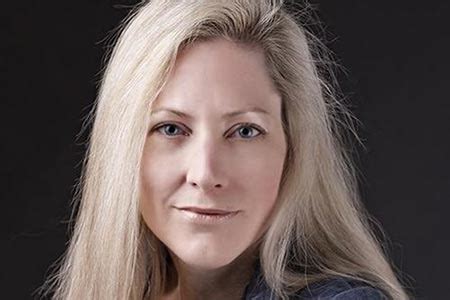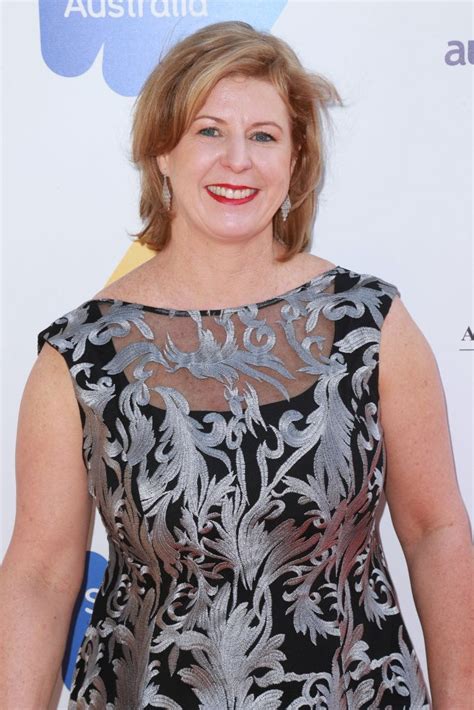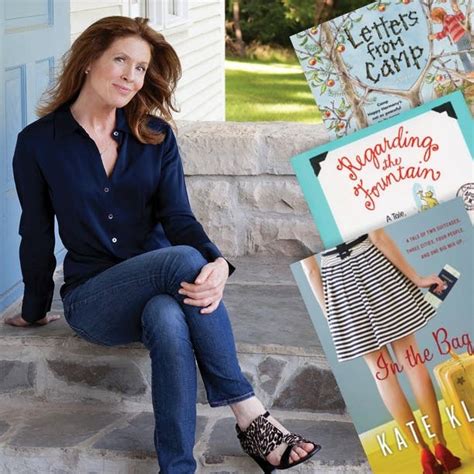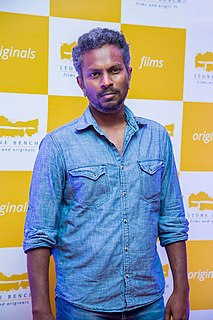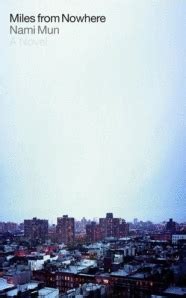A Quote by Jack Dorsey
Your job as an executive is to edit, not write. It's OK to write once in a while but if you do it often there's a fundamental problem with the team. Every time you do something ask if you're writing or editing and get in the mode of editing.
Related Quotes
You must stop editing--or you'll never finish anything. Begin with a time-management decision that indicates when the editing is to be finished: the deadline from which you construct your revisionary agenda. Ask yourself, 'How much editing time is this project worth?' Then allow yourself that time. If it's a 1,000-word newspaper article, it's worth editing for an hour or two. Allow yourself no more. Do all the editing you want, but decide that the article will go out at the end of the allotted time, in the form it then possesses.
Of course, to publish something, you have to write it, polish it, then hire out the line editing, copy editing and cover design. After which, you pick your way through the minefield of conforming to the differing requirements of Amazon, Barnes & Noble and Smashwords, or hire someone to do it for you.
Every time I sit down to write, I need to commit to a word count goal, otherwise I waste too much time editing and re-editing my previous work, staring dreamily off into space, pretending that I'm thinking profound, poetic thoughts when really I'm just thinking, 'Look at me being a writer! I'm so happy I'm a writer!'
All three parts of filmmaking [writing, shooting, editing] contribute to rhytm. You want the script to be a tight as possible, you want the acting to be as efficient as possible on the set, and you have enough coverage to manipulate the rhythm in the editing room, and then in the editing room you want to find the quickest possible version, even if it's a leisurely paced film. I definitely in filmmaking more and more find writing and directing a means to harvest material for editing. It's all about editing.
Our job as friends, mentors, parents, and writing coaches is not to write anyone's college essay. That's cheating. Plus, it sends a discouraging message to the teenager that he or she can't be trusted with this important assignment. Trust the student to write the essay, but verify that it gets done. Gentle editing and proofreading are allowed.
Ever since 'Strange Heaven,' I haven't really reread my old work. Not so much because I don't like the writer I was, or because I find flaws in the writing, but more because I get so burnt out on a novel once I've finished writing, revising, editing and copy editing it that I genuinely never want to look at it again after it's gone to press.
The secret to writing is just to write. Write every day. Never stop writing. Write on every surface you see; write on people on the street. When the cops come to arrest you, write on the cops. Write on the police car. Write on the judge. I'm in jail forever now, and the prison cell walls are completely covered with my writing, and I keep writing on the writing I wrote. That's my method.
I just have to come clean and admit I am an extremely, painfully slow writer. I have this unfortunate - or fortunate, I'm not sure which is correct - habit of editing while I'm writing which everyone tells me that I shouldn't do that. But that's just the way I write and I think it's important to stay true to your own writing style and momentum.


